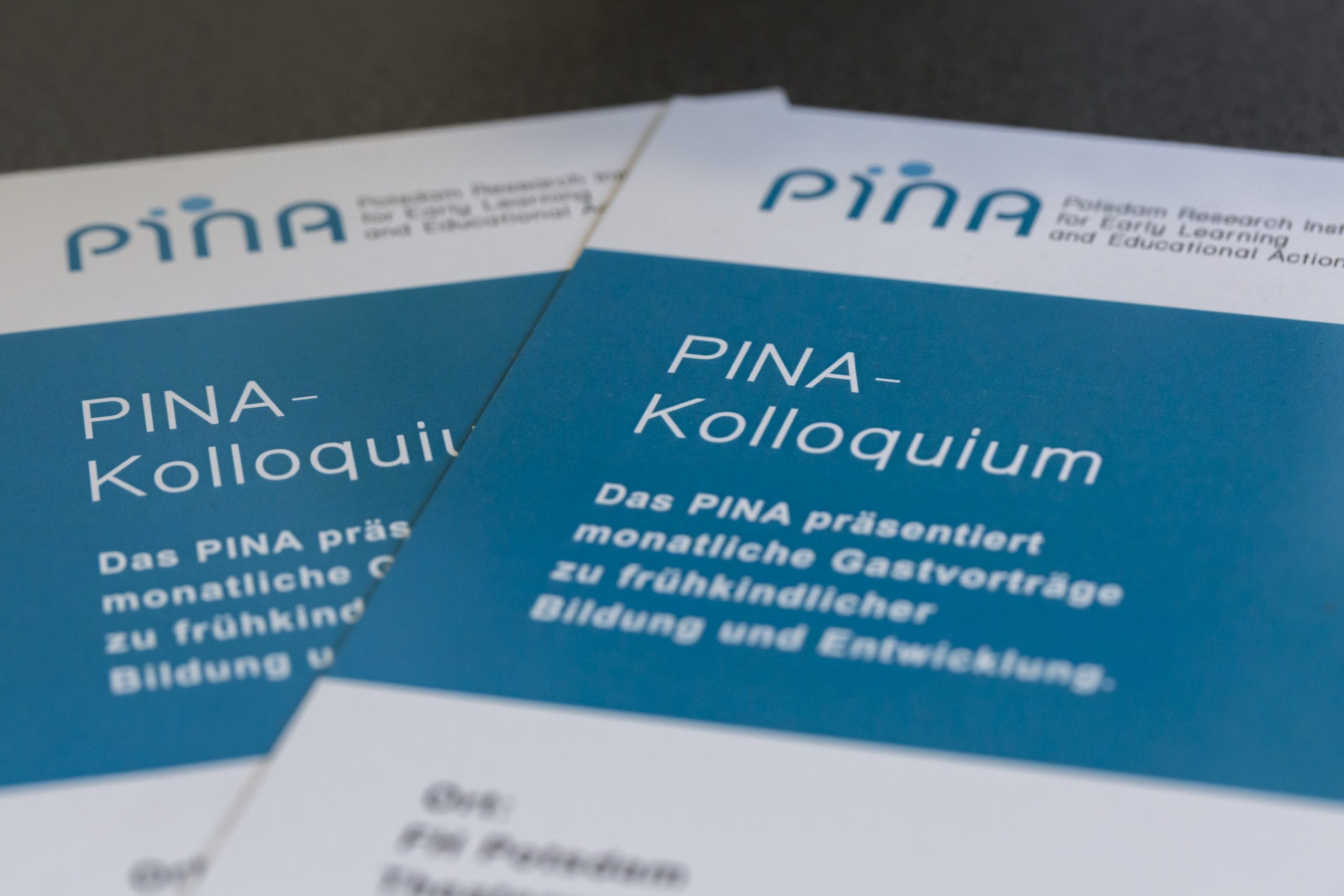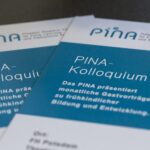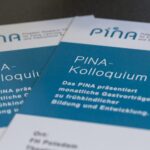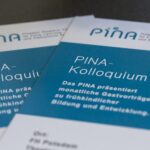
24.04.2024 – Colloquium with Natalie Boll-Avetisyan
Location: ZOOM
Time: 6:00pm – 7:30pm
Natalie Boll-Avetisyan (Developmental Psycholinguistics, University of Potsdam)
Language Acquisition in Infancy in Non-Western Cultures: Findings from Experimental Field Research in Sub-Saharan Africa and Southeast Asia
Since the beginnings of experimental research in the field of early language acquisition in the 1960s, a number of milestones in language development have been established over the decades that are recognised as generally valid. These include, for example, the assumption that babies are able to distinguish all sound contrasts occurring in natural languages in their first months of life, but that this ability is lost from around the age of 6 months if the sound contrasts in the mother tongue are not relevant. In addition, a standard narrative is that babies acquire the phonetic rules of their mother tongue between the ages of 6 and 9 months. However, this research has focussed almost exclusively on monolingual babies growing up in Western Europe or North America. However, given the linguistic diversity and variety of circumstances in which babies grow up around the world, it is problematic to base language acquisition theories on only a few populations.
We are currently among the first in the world to aim to make early language acquisition research more diverse. In this talk, we will present some of our studies with this goal in mind. Using mobile experimental equipment, we have been to Metro Manila, the capital of the Philippines, and Accra, the capital of Ghana, to conduct perception experiments with babies aged 4 to 12 months. I will report on methodological challenges and peculiarities and show where our field of research needs to become more flexible. Finally, I will present some exciting findings, not all of which fit with current notions of language acquisition milestones, and discuss what this might mean for our theories of language acquisition.
Please request the zoom link from: pina(at)fh-potsdam.de


